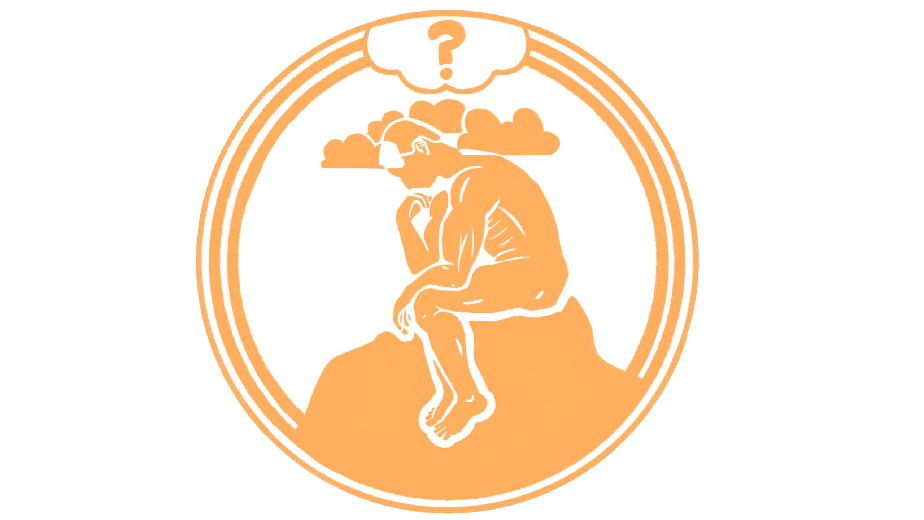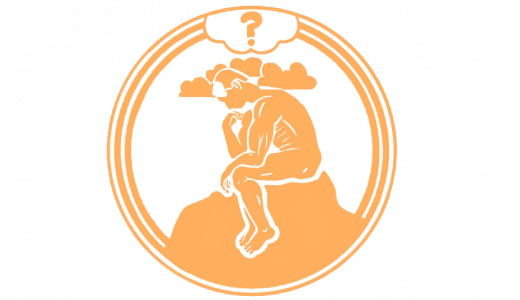Warning signs
Mental health is a very important topic in people’s lives, especially nowadays when everything is so fast. We experience a lot of pressure and stress. It’s important to keep your mind healthy as well. Here you can find some indicators that your family members or friends need help.
Lack of motivation is a very common sign of mental health problems. A few of the signs are having trouble with getting up in the morning or finding it harder than usual to study or do homework.
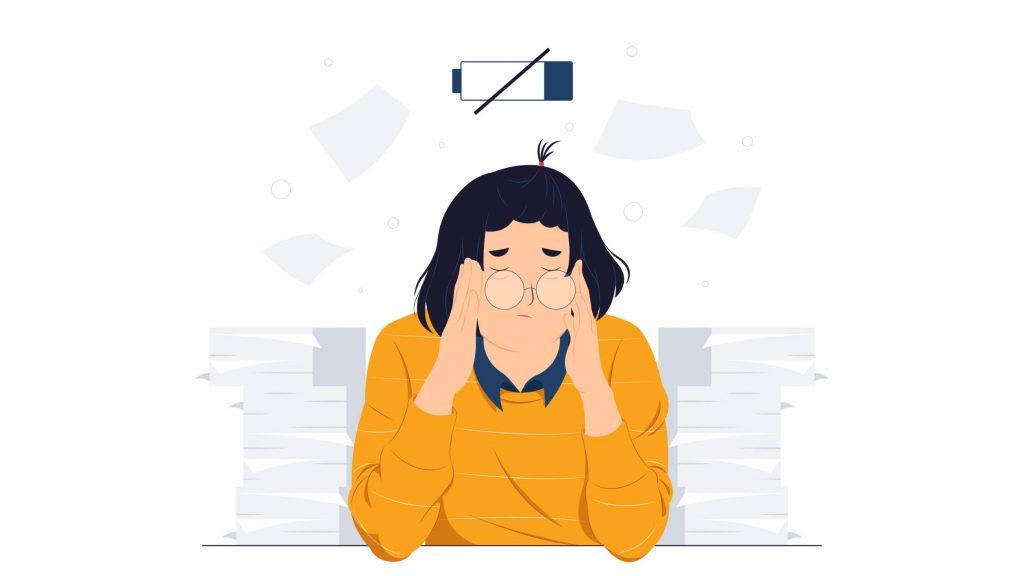

Less social interaction is also a warning sign. Taking time for yourself is important and not a problem, but you also need interaction with other people. If you feel a strong aversion towards interacting with other people, it can be a warning sign.
Worsening changes in your eating habits, for example overeating or skipping meals might be some of the indicators that there’s something wrong.
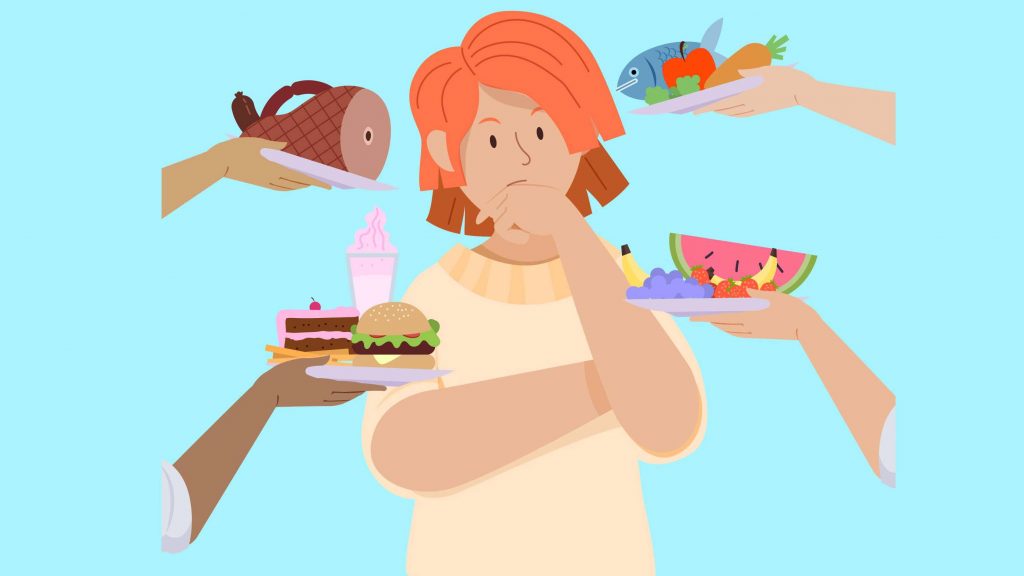
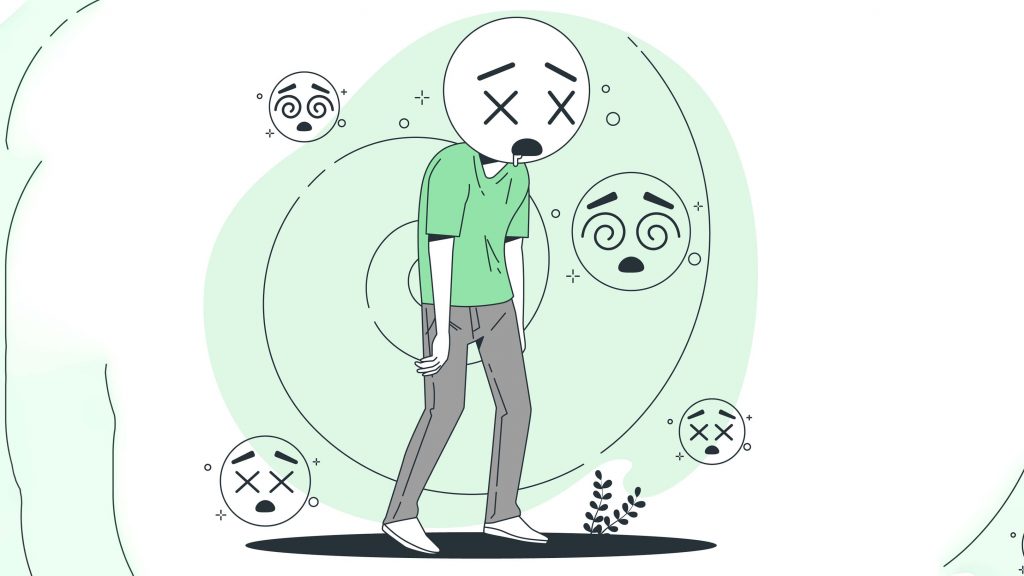
Having a deteriorating physical health is a very common sign of mental health issues. Your body is usually the first to “tell” you that you’re unhealthy. This also applies to mental issues, not just physical ones.
Trouble concentrating might also be a sign. As the brain goes into survival mode and focuses on vital things, you could have trouble focusing on other things. This leads to problems in school or in your workplace.
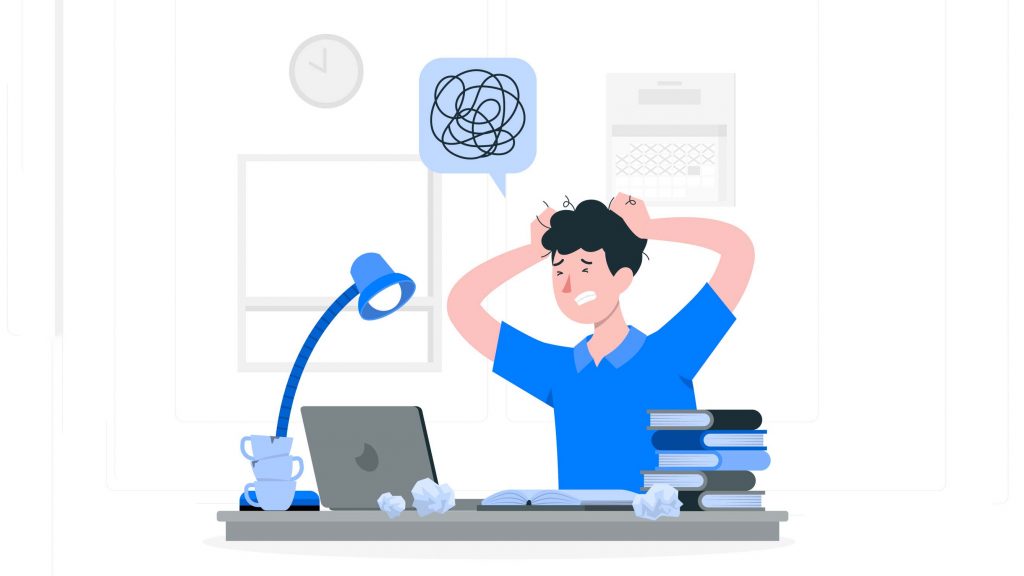
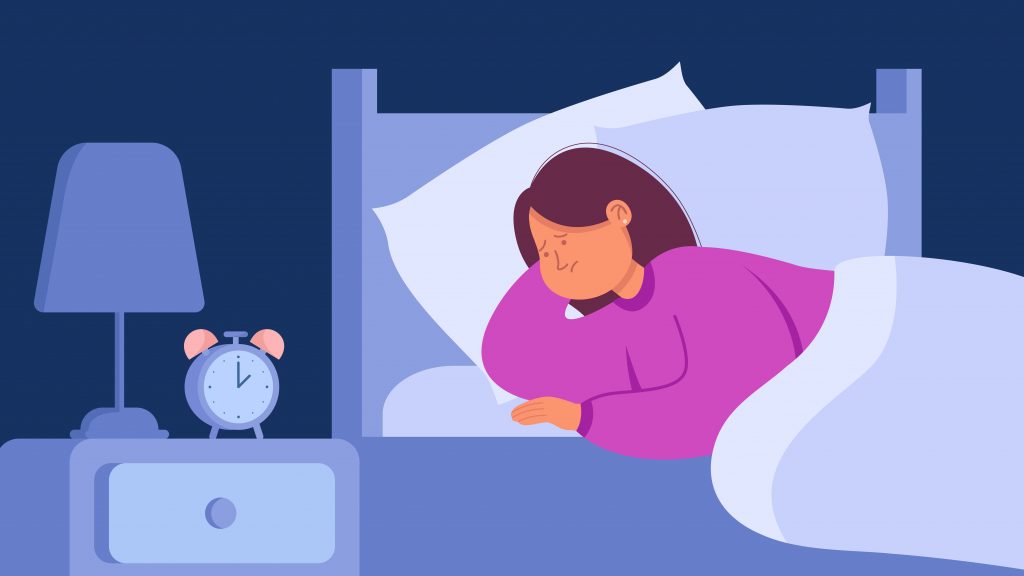
Sleep problems like oversleeping, having trouble staying asleep or having insomnia.
Sudden mood changes like dramatic shifts between depressive and very happy episodes can be another indicator of mental health issues.
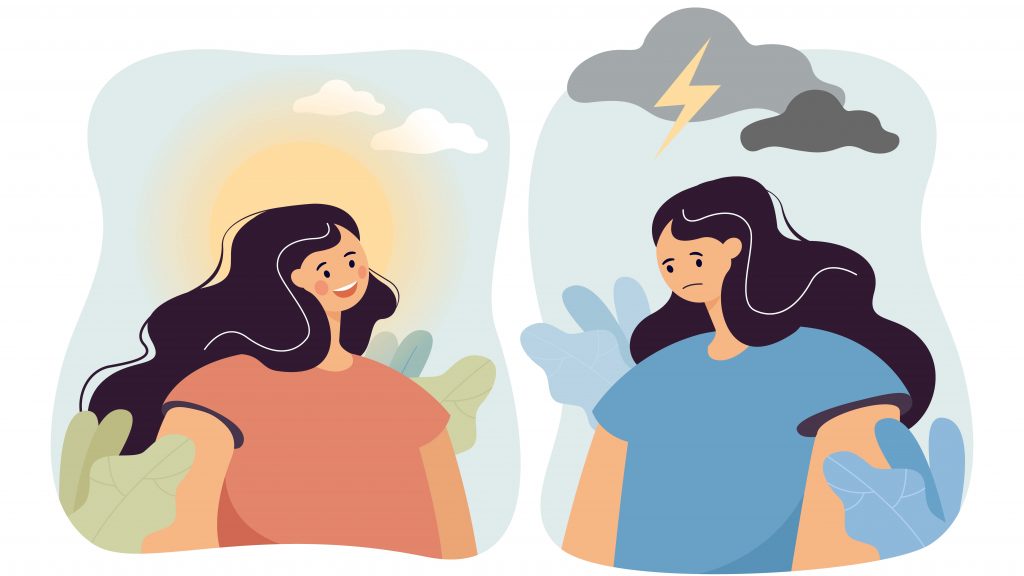

Suicidal thoughts are a very clear sign that you need help and should contact a professional healthcare specialist.
Substance abuse like drinking too much alcohol (mainly with the aim of drowning your feelings or problems) or doing drugs is an indicator of mental health problems.

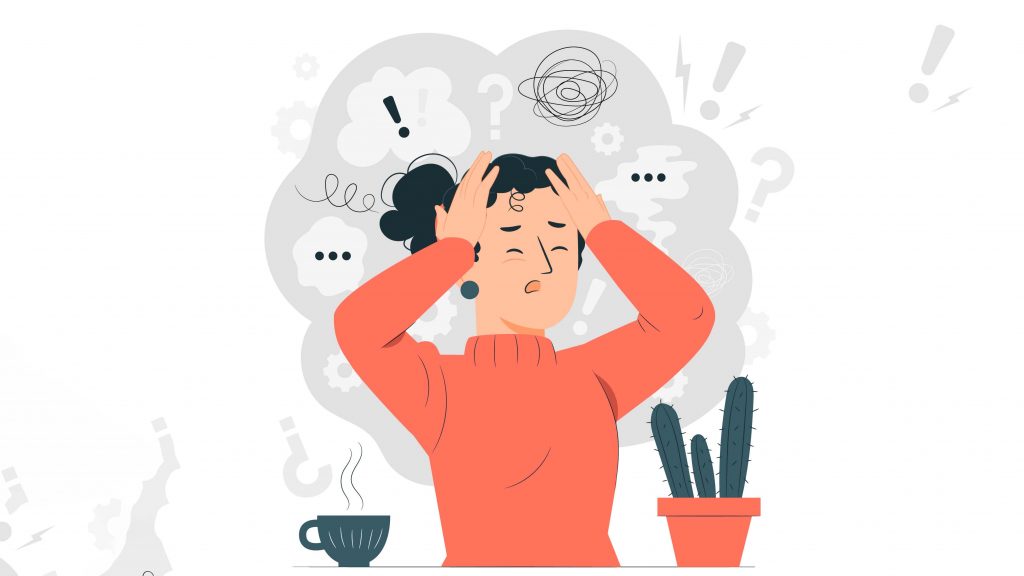
Being stressed from time to time is natural. However, if you are constantly feeling anxious or worried, it can be a sign of mental health issues. Stress can lead to serious physical issues as well.
One sign does not mean that you are mentally ill, but if you notice multiple signs, it can be an indicator that you need help. Needing help is completely normal and you shouldn’t be ashamed or afraid to seek for it. Professionals and true friends or family are always just one call away. If you feel like you might have some mental health issues, reach out!
How to help a friend
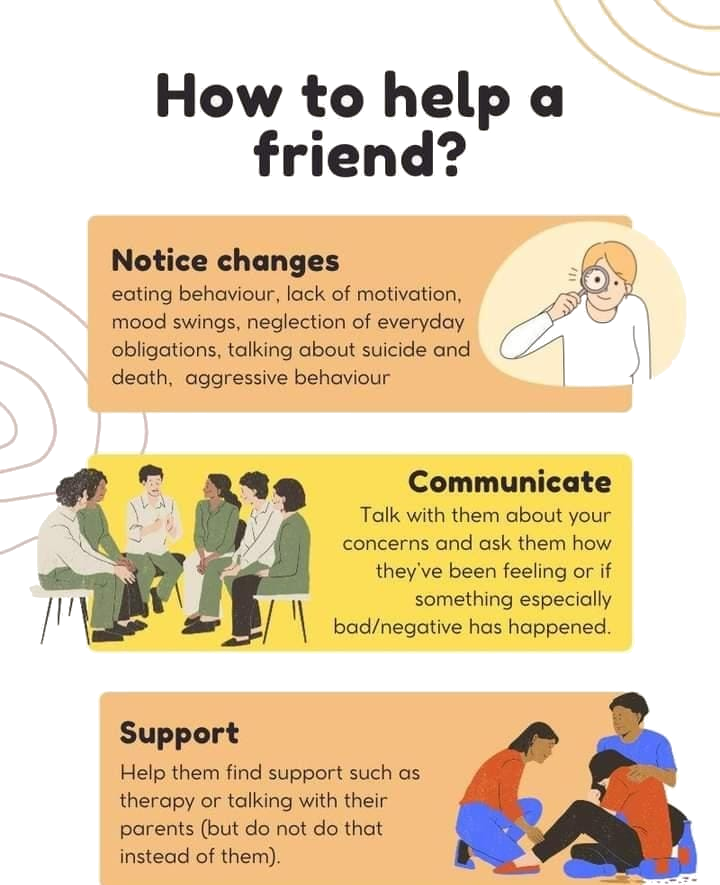
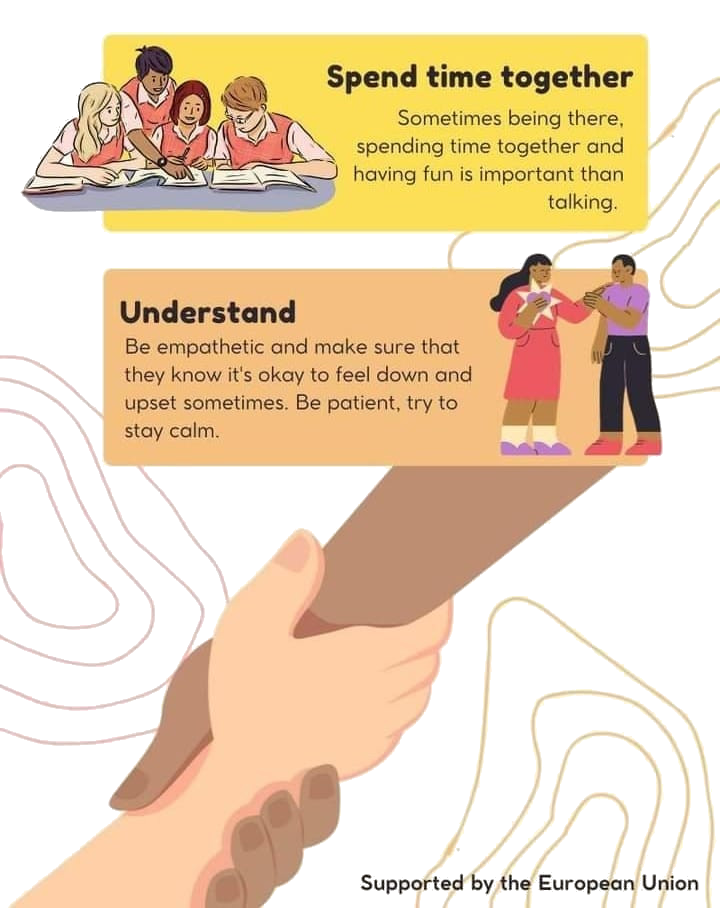
Mental Illness
Post traumatic stress disorder often appears after an accident. Many people suffer from the experience, for example a car crash, by having flashbacks as well as nightmares and not being able to overcome what happened and live in the present. You can often notice that your friend has PTSD by looking at their behaviour. They often avoid everything related to the event and have exaggerated perceptions of current threats.
Types: Delayed-onset PTSD, complex PTSD and birth trauma
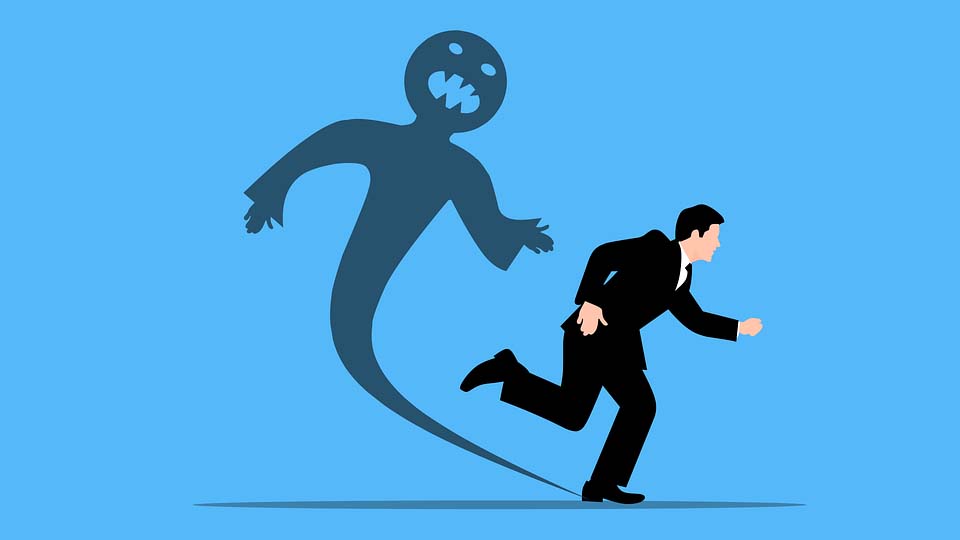

Behavioural/Dissocial disorders are often found during childhood. They are characterised by persistent behaviours like being defiant or disobedient. A person who has a behavioural disorder does things that violate basic rights of others or society norms, rules or laws.
Types: Defiant, conduct and dissociative disorder.
Eating disorders are often associated with preoccupations with food, weight, restricting diets or the avoidance of certain types of foods. They can lead to self-caused puking, general restriction of eating, which have serious consequences especially in younger ages, hinder the development and on the long run the social abilities (f.e. the ability to make contact).
Types: anorexia, bulimia

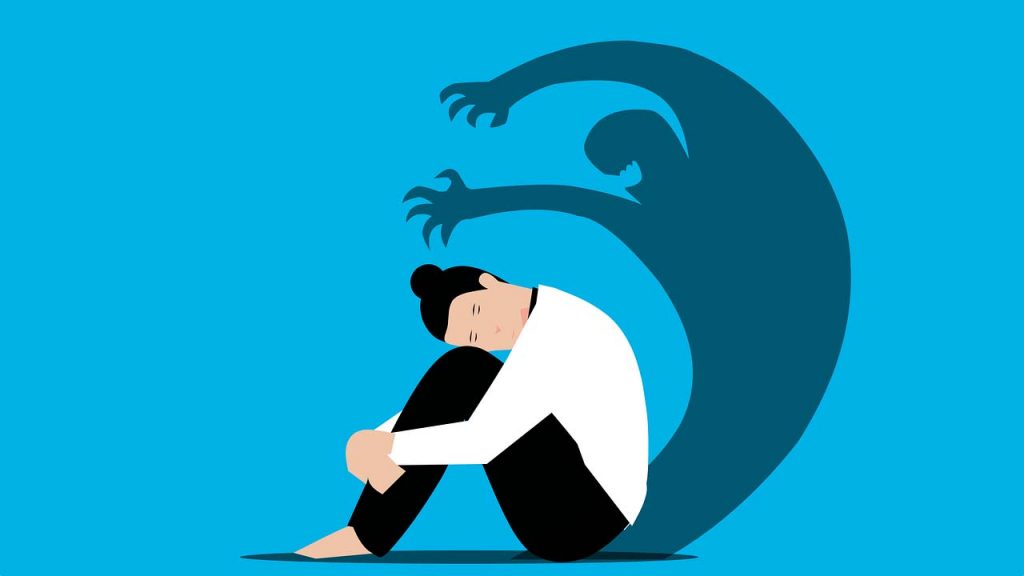
People with anxiety disorders usually present excessive fear and worry, distress and/or impairment in function.
Types: it can be generalised, or specific: panic, social, separation, phobias, substance induced disorder.
Depression is characterised by having depressive episodes that last at least two weeks and make you feel sad. You also lose interest or joy in activities you usually do. Other symptoms are having a low self esteem and suicidal thoughts, feeling guilty and presenting changes in eating habits or weight.
Types: major depression, persistent depressive disorder, seasonal affective disorder


Having a personality disorder means that your way of thinking, behaving and feeling doesn’t fit in the expectations of your culture, so it causes distress and problems in functioning.
Types: antisocial, avoidant, borderline, dependant, histrionic, narcissistic, paranoid, schizoid personality disorder
Developmental disorders arise during the personal growth of a person, they lead to difficulties in the acquisition/execution of specific intellectual motor/language/social function.
Types: ADHD, ASD

↓
